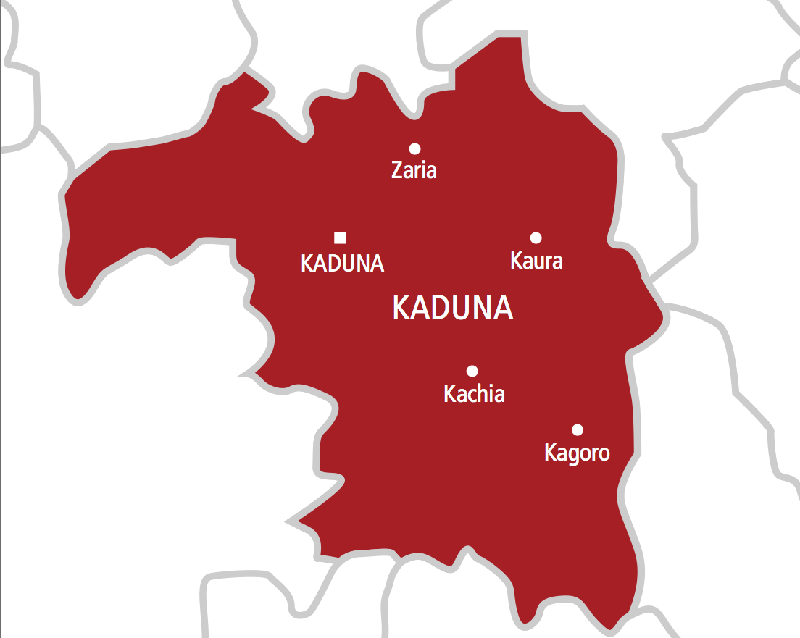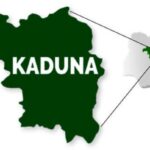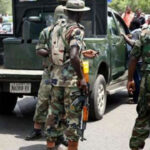Somewhere inside all of us is the power to change the world. We can do it by voting for the right people in the gubernatorial and state assembly elections. We must remember that bad officials are elected by good citizens who either choose not to vote or are ignorant of the kind of leaders in power. Conventional wisdom says ignorance of one voter in a democracy impairs the security of all.
With the current socioeconomic indicators, there is no doubt that inferior leaders are governing us, more so in Kaduna. These political leaders cannot acknowledge our priorities even when we tell them repeatedly. Therefore, the best way to communicate with them is to meet at the polling unit this Saturday. It is no secret that Kaduna State is floating another Muslim-Muslim ticket, which can only be justified as a strategy to cover the failure of the governance. There is no basis for division and repeating a failed combination.
If the state had a working system, they would not worry about the religion or ethnicity of the leaders because people would not be protesting against the government. There are good examples from countries that imported democracy to Nigeria: The British Prime Minister is of Indian origin, and the Mayor of London is a Muslim of Pakistani origin. For context, the Muslim population in Britain is only 6.5 per cent. People will fail to preserve their culture if they make it exclusive. Religions did not grow that way. Therefore, we must transcend our differences to transform our future because democracy thrives on diversity.
For eight years, the contribution of community leaders, traditional rulers, religious institutions, trade unions, and private individuals has been ignored. The state’s economic condition tells only one story – the people’s living conditions are worse than how El-Rufai met them. The protests against the government concern insecurity, economic hardship, high out-of-school children, poor health structures, poor human rights records, infrastructural neglect, lack of inclusivity, and the heavy tax burden on those who cannot afford to pay.
- 8-month pregnant Abuja woman gang-raped
- RTEAN warns drivers, transporters against electoral violence
Their style of governance revolves around opaqueness, and their financial details are not transparent – a way of hiding fiscal sustainability challenges. The DMO records show Kaduna has a debt of N354 billion, making it the most indebted state in the country after Lagos. The record level of borrowing means the future revenues of the state will be severely depleted to pay back the lenders. One wonders what they have done with these borrowed funds, not to mention the monthly federal allocation disbursements. Yes, and that too.
Contract awards are no longer competitive and transparent. Gone are the days when the public provided access to the details of awarded contracts, including specifications, the total sum, timescale, etc. – a method of favouring cronies at the cost of the poor. No doubt, using ethnicity, nepotism, and religion is a sure way of maintaining secrecy in governance which will not help Kaduna in the long term.
They use all sorts of justifications to sack thousands of workers without paying compensation. They showed no empathy towards the displacement of communities and the continuous demolition of properties and community market shops. Those affected see their wealth destroyed forever. People view them as the kind of government that serves only a few individuals and corporations. They are taking away some money from the struggling poor to give to those connected to them and the wealthy. These issues have created a wider disconnect between the three senatorial zones.
Such behaviour is completely operating against the values of democracy. Disunity in Kaduna is currently at its highest toxic level. Divisive politics has not helped anyone in Kaduna and Nigeria. The 60 ethnic tribes in the state feel no level-playing ground for minorities, causing agitations and protest votes. Thanks to the APC government.
The disliked ruling party remains in contention for the upcoming elections in Kaduna. The voting pattern from the presidential elections indicates that two parties will be in the race for the Kaduna gubernatorial elections. The supporters of the Muslim-Muslim ticket have had little to argue about. Even the clergies pushing for this naked ambition in the name of Islam have run out of points in their uncharitable campaigns. This ambition is akin to a dog chasing a car without knowing what to do if it catches it.
Kaduna needs a practical leader who can unite the state, be transparent, and work with various stakeholders and the private sector.
People are looking for a candidate that will prioritise the security of everyone and bring a culture of inclusivity, schooling, good healthcare, digital innovation and job creation into Kaduna communities. However, for this to happen, the people of Kaduna must come out to vote. We can all agree on the importance of voting.
Choosing not to vote will be a surrender, not a protest of the outcomes of the past eight years. By voting, we add our voice to the chorus that forms opinions and the basis for actions for the next government.

 Join Daily Trust WhatsApp Community For Quick Access To News and Happenings Around You.
Join Daily Trust WhatsApp Community For Quick Access To News and Happenings Around You.



